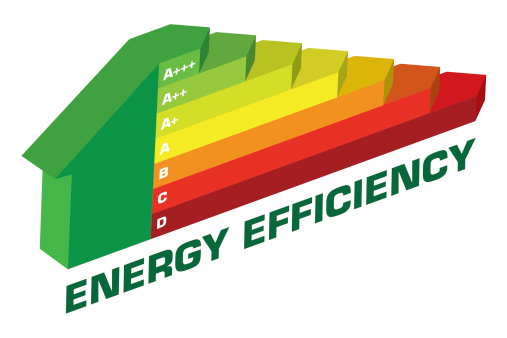Energy Management Systems impact many industries. The average businessman or woman may view a system as a form of saving within commercial structures. Naturally, the residential owner is going to view an Energy Management System as a way to upgrade to more energy efficient appliances; removing old installations. He or she may look at all of the areas that energy is wasted and act accordingly.
That said energy management, as is no surprise is used in other fields besides commercial property management and the residential market. One example is the aerospace industry.
Using energy management systems, too, is something suppliers of energy perform in order to assure their power stations and sources of renewable energy generate enough power. The power is needed in order to meet the current demand of the populace.
When Energy Management Systems are used, regardless of the user, techniques are applied in order that energy is adequately controlled.
Energy Management Systems at Home– A new challenge for the homeowner
Energy management, as a matter of subject and implementation, has been prevalent in the commercial market for decades. This is not true when it comes to the residential market. Energy management, as an activity is something new and challenging. The idea of Energy Management Systems is finally receiving recognition within the residential market. The average homeowner, until recently, had not been familiar with proper energy management. Unfortunately, this lack of knowledge placed the homeowner in the position of guessing as to the best way of controlling energy and its associated cost.
Energy Management Systems are equally relative for commercial structures and home constructions
Many persons are not aware that the aggressive energy savings techniques used in the commercial market work just as well within residential structures. The approaches include careful monitoring of energy consumption and applying techniques to reduce energy waste. Additionally, upgrades are part of the scenario when applying effective techniques relative to managing energy. The homeowner, in other words, can gain equal insights, even if the remainder of the article is slanted toward business applications.
Managing energy is the success ratio needed in order to save energy. There is a global need to save energy. The need for the world to save on energy places an impact on prices, emissions and new legislation affirming the need for businesses to save energy in the workplace. Persons working in the business world are wise to find every way possible to reduce energy costs. Interestingly enough, had there never been a globalized demand to save energy there may have never been such a term as energy management.
The idea behind energy management is best illustrated as follows.
Saving on energy reduces any damage humans are currently doing to the Earth. Persons in the prosperous United States rely heavily on fossil fuels–this is not a good thing. Fossil fuels are becoming more and more unavailable so heavy reliance needs to be brought to a minimum.
Placing wind turbines in particularly good locations is not enough:
Some persons treat energy management in a way that is haphazard. Placing a wind turbine here and there is not enough to address the need to reduce energy waste. The approach used to manage energy must be systematic and achieve results overall. Proper management is about identifying where the waste is occurring within the user’s own neck of the woods and then applying the proper strategies and upgrades to reduce the waste. The latter is a good thing. When energy is reduced, subsequently, costs are reduced.
Management systems make it possible to make a practice of reducing carbon emissions. Sustainable images in corporations also increase customer loyalties. Reducing the carbon footprint increases company profits and protects the Earth’s environment.
Energy saved, too, means that there is not as much of a risk that prices relative to energy will increase. Saving energy means energy supplies are kept higher than when consumption is ignored. The reduction in energy, when performed in a proficient manner, reduces the risk of shortages.
In summary, meeting a lofty energy reduction schedule includes putting the proper energy management systems into place. When energy is effectively managed, costs are reduced and the control of energy at reasonable levels becomes a reality. Today is the day to start saving energy.
Follow us for more articles about energy management systems and other topics related to efficient ways of heating and cooling your office or home.
Category: Energy Savings, HVAC System Tags: energy efficiency, energy management systems


